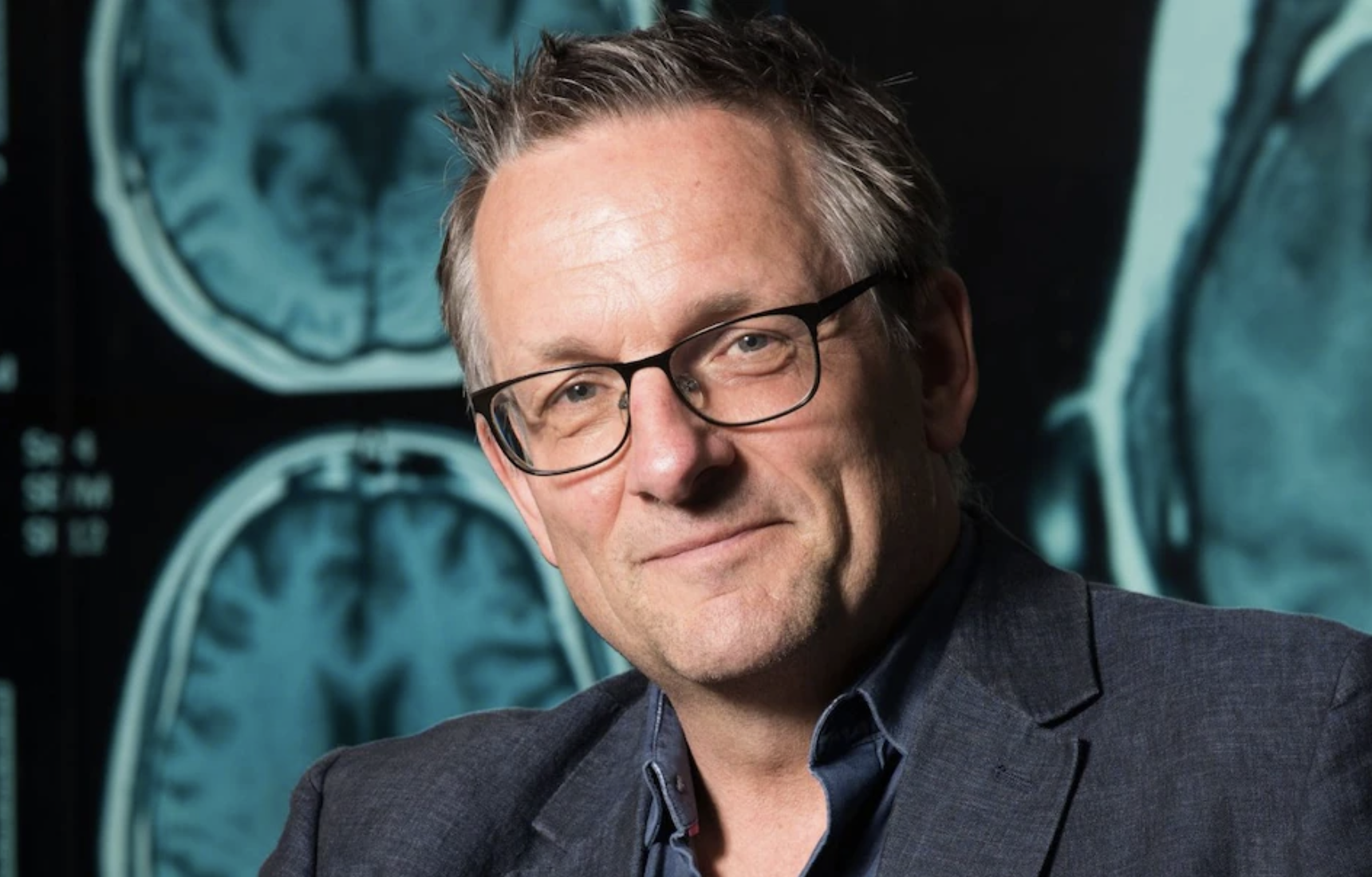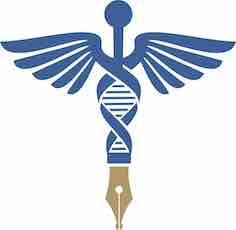

Dr Michael Mosley. Picture Dragonfly TV/BBC
Our chair Shaun Lintern wrote this article for The Sunday Times reflecting on the career and impact of Dr Michael Mosley. Everyone at the MJA sends their best wishes to Michael’s family.
For a nation of snackers, Michael Mosley had a simple prescription: stop eating so much and so often.
While it might not be revolutionary health advice, his genius was to be the best advertisement for his own method, demonstrating to a public keen to unlock the secret to a healthier life that there is hope.
If it worked for him, it could work for you too.
His popularity for millions across television and radio lay in connecting with audiences by being their guinea-pig-in-chief.
Mosley, 67, was one of the most prominent examples of “gonzo” health journalism. It made him a household name, a bestselling author and a regular on our TV screens.
Popularity
His huge popularity explained how the country — with all the busyness of last week’s news agenda from the commemorations for the 80th anniversary of D-Day to Taylor Swift’s Eras tour landing in Britain — was so worried by his disappearance.
Everybody wanted their favourite doctor to be found safe and well.
His exploits included severely restricting his food intake, documenting the effects on biomarkers in his blood and overall health and even reversing his type 2 diabetes.
Mosley had his blood sucked by leeches, injected himself with snake venom and, in one memorable BBC documentary, he knowingly infected himself with tapeworms.
He had also tried magic mushrooms and took the truth serum sodium thiopental. All while being filmed, scanned and subjected to repeated, often invasive scientific tests.
Compelling
His methods might have lacked the scientific rigour of modern medical trials but his light, personal style on camera, with an emphasis on a show rather than tell approach, made compelling watching and earned him the trust of his audience. When he was diagnosed with type 2 diabetes in 2012, it was the trigger for a dramatic experiment in which he spoke to scientists about the theory of fasting and whether it could be possible to reverse his disease.
He researched the 5:2 diet, a type of intermittent fasting where calories are restricted for two days of the week to 600 per day for a man, and 500 for a woman, with normal calorie intake for the other five days. Mosley convinced editors at the BBC to film his journey.
By the end, he had lost 9kg and his blood sugar levels were healthy.
In 2013 he published his book The Fast Diet, co-authored with the journalist Mimi Spencer, which kick-started a diet revolution. It was subsequently published in 42 countries and sold millions of copies.
Diabetes diet
Even the NHS has followed his approach, rolling out a diabetes diet programme aimed at reversing the disease.
Research has shown that a three-month regime, including soups and shakes alongside lifestyle advice, can mean that people lose more than 10kg and reverse, or significantly reduce the effects of, their diabetes.
Mosley’s skill in getting ahead of where medicine might be heading continued to earn him a legion of fans who devoured his Daily Mail column and advice.
In 2019 Mosley told Essence Magazine: “The medical world’s understanding of diet and fitness is changing very fast, and that’s what I want to tell people about.”
The interview was to promote his theatre tour Trust Fast Health, but gave a hint about his motivation.
While he might never have dedicated his life to helping patients as a doctor, he was nevertheless driven to help people improve their lives.
“People are confused because there is an awful lot of nonsense out there,” he said, adding: “I want to cut through all that and show people where the truth really lies behind all those bewildering headlines. I’m 100 per cent evangelical about this. I’m on a mission.”



Recent Comments